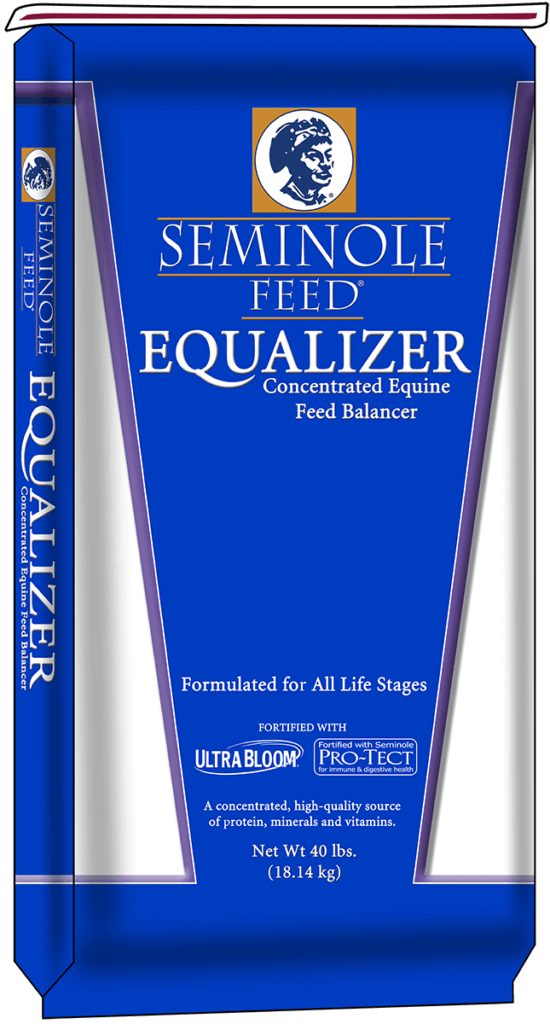Amino acids play a crucial role in the nutrition of horses. These building blocks of protein are essential for the growth, repair, and maintenance of tissues in the equine body. While horses can synthesize some amino acids on their own, others must be obtained through their diet. This article will delve into the importance of amino acids in horse feed and the different types of amino acids that contribute to the equine diet.
Amino Acid Nutrition in Horses
Horse owners and trainers often focus on providing a balanced diet for their equine companions, and amino acids are a key component of this equation. The body requires a precise balance of amino acids to perform vital functions such as muscle development, hormone production, and immune system regulation. Without an adequate supply of amino acids, horses may experience decreased performance, slow recovery from injuries, or impaired overall health.
Horses require both essential and non-essential amino acids for optimal nutrition. Essential amino acids cannot be synthesized by the equine body and must be provided through the diet. On the other hand, non-essential amino acids can be produced by the horse’s body when needed. However, it’s important to note that certain non-essential amino acids may become conditionally essential in certain situations, such as during periods of intense exercise or growth.
Types of Amino Acids
Amino acids can be categorized into various groups, each playing a unique role in equine nutrition. Let’s explore some of the most important amino acids in the equine diet:
- Lysine: Lysine is the first limiting, and one of the most crucial, essential amino acids for horses. It is involved in protein synthesis, promotes muscle growth, and aids in the production of hormones and enzymes. A deficiency in lysine can lead to reduced growth, poor coat condition, and decreased immune function.
- Methionine: Another amino acid, methionine, is essential for producing important molecules like choline and cysteine. It also supports hoof and coat health in horses. Methionine deficiency can result in poor hoof quality and decreased immune function.
- Threonine: Threonine is important for overall growth and muscle development in horses. This essential amino acid plays a key role in the formation of connective tissues, antibodies, and enzymes. A deficiency in threonine can lead to poor growth rates and compromised muscle development.
- Tryptophan: Tryptophan is an essential amino acid that contributes to the production of serotonin, a neurotransmitter involved in mood regulation and sleep. It plays a vital role in maintaining a balanced temperament in horses, particularly in high-stress situations.
In addition to these essential amino acids, there are several non-essential amino acids that are vital to equine nutrition. Alanine, aspartic acid, glutamic acid, and proline, among others, serve specific functions to support the overall health and well-being of the horse. These non-essential amino acids play roles in energy metabolism, immune function, and tissue repair, ensuring the horse’s optimal performance and longevity.
It is important for horse owners and caretakers to provide a balanced diet that includes adequate amounts of essential and non-essential amino acids. This can be achieved through a combination of high-quality forage, such as hay or pasture, and appropriate supplementation, if necessary. Consulting with a veterinarian or equine nutritionist can help ensure that the horse’s amino acid requirements are met, promoting optimal health and performance.
Does Your Horse Need More Amino Acids?
While most horses can obtain sufficient amino acids from high-quality forage and a balanced diet, there are certain circumstances where additional supplementation may be beneficial.
When it comes to athletic horses, the importance of amino acids cannot be overstated. These essential building blocks play a vital role in muscle development and repair. The amino acids found in protein sources are responsible for the synthesis of new muscle fibers, ensuring that the horse can adapt and grow stronger in response to the physical demands placed upon it.
For growing young horses, amino acids are vital for proper development. As their bodies are rapidly growing and changing, young horses have higher protein requirements compared to adult horses. Amino acids such as methionine and cysteine are important for the formation of strong bones and hooves, while arginine and histidine play a role in promoting healthy growth and development.
Pregnant and lactating mares also have increased amino acid needs. During pregnancy, the mare’s body needs to support the growth and development of the foal, and amino acids are essential for this process. Additionally, lactating mares require amino acids to produce milk and support the nutritional needs of their nursing foals.
It is important to note that not all amino acids can be synthesized by the horse’s body and must be obtained through the diet. These are known as essential amino acids, and their availability in the horse’s feed is crucial for meeting their nutritional requirements.
Understanding the types of amino acids and their role in horse nutrition allows horse owners to tailor their feed program and ensure their horses receive the necessary nutrients for optimal health and performance.
Seminole offers a feed balancer to support amino acid supplementation. Try Equalizer today!



